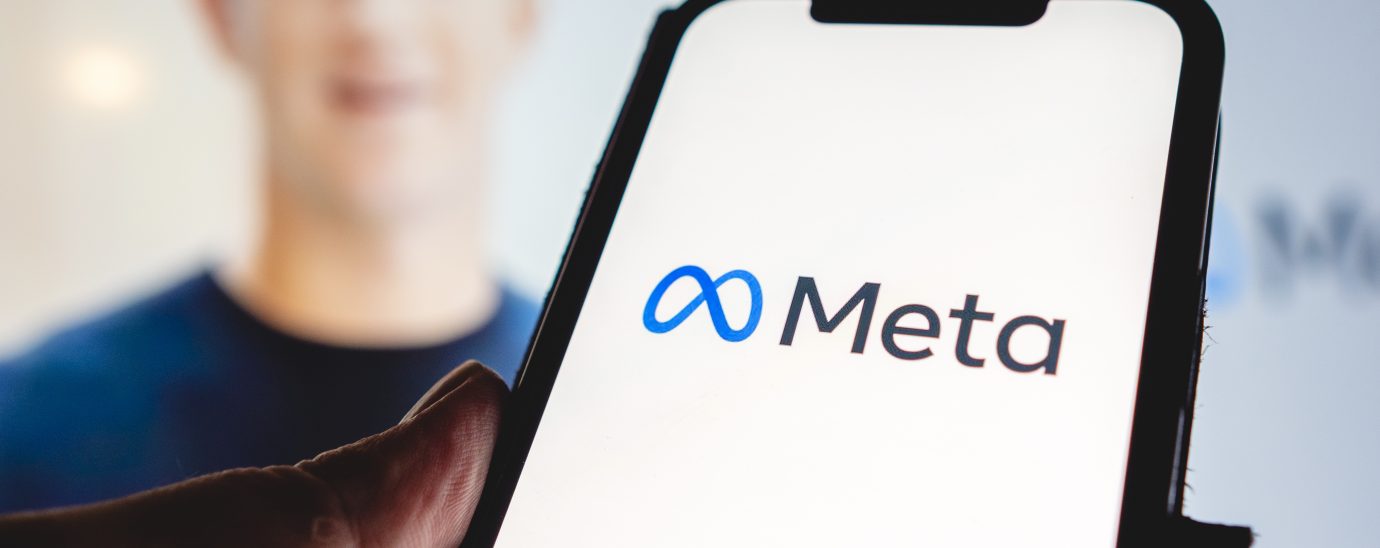Meta’s commitment to equality

We investigate the subject of race equality, accessibility, and experience with Meta (formerly Facebook).
Many questions have been raised on the effect of technology on minority communities. Due to the perceived increase of digital discrimination, civil rights in the technological world have become an area that understandably demands more attention. Some members of the public have come forward saying they feel their opportunities online are limited, and they don’t seem to be getting the same experience as other people from larger population race groups.
The issue with finding a solution for this presently is that there is not enough data on the subject being collected or analyzed. To correct this, we first need the data, and then procedures could be implemented to try to create an equal experience for all races. On the subject, Roy L. Austin, Jr., VP and Deputy General Counsel, Civil Rights, stated: “We can’t address what we can’t measure, so establishing a more accurate measurement framework is vital to create more inclusive products, policies, and operations across the company.”
Due to the demands from the civil rights community from May 2018 through to July 2020, Meta embarked on an extensive civil rights audit to identify factors and key areas that could be improved upon. Vanita Gupta, previously Chief Executive Officer of the Leadership Conference on human and civil rights, called this audit “the first of its kind” and reportedly stated that all tech and social media companies should follow this example.
This audit reported back 117 recommended actions to take place. These were collated from 100 civil rights and social justice organizations. It has been just over a year since this report was completed and the Meta Civil rights were formed; so, what actions have they taken to create a more equality-friendly platform?
Meta reports they have been consulting the civil rights community, privacy experts, academics, regulators, and other similar organizations on the most efficient way to measure the differences in user experience in order to create an action plan. Its plan begins with introducing a framework for examining the platform and finding any weaknesses affecting user equality so they can be addressed. They have then created two methods to ensure more accurate data while maintaining user privacy:
Bayesian Improved Surname Geocoding (BISG): a method that applies the Bayes’ Rule to analyze geocoded locations and use public information to predict the race/ethnicity of an individual using the individual’s surname.
Off-platform surveys: This part of the plan is still under development but involves secure multiparty computing, using partner companies to conduct an opt-in off-platform survey to learn potential differences in user experience while preserving their privacy.
Presently, all the studies in this area are being concentrated on the US population, but in the future, it has been promised that this framework will expand to the global Meta community.
READ MORE:
- The metaverse: Why it matters for business
- What’s the state of gender diversity in the tech industry?
- The Facebook whistleblower demanding accountability
- Facebook to undergo rebrand following whistleblowing and metaverse news
The future looks bright if we believe the promises that action will come from all this research, but at present, the only action that Meta has taken is to hire a diverse group of employees to run their new civil rights task force; there remains the promise of change, but we will have to wait to see if this turns into reality.
A full report of Meta’s plan for diversity is available from its team here, along with its audit commitments.
For more news from Top Business Tech, don’t forget to subscribe to our daily bulletin!
